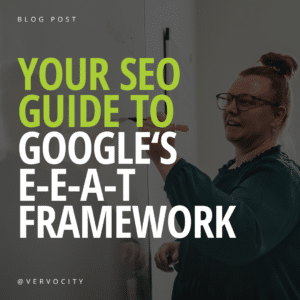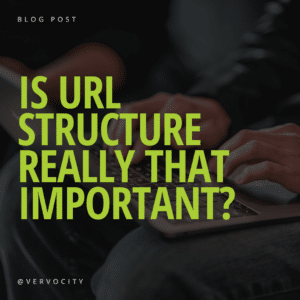Search engine optimization should play a large role in your marketing strategy. Is your website merely in existence, or is it actively working for you through the implementation of SEO tactics?
Search engines are trying to return the most appropriate search results to users and your content should be supercharged and meaningful to gain their attention. Your goal is to show up on the first page of search results. To do this, SEO takes a little bit of your attention.
Choosing the wrong keywords
Your optimization efforts will be in vain if you choose the wrong SEO keywords. Wrong can mean a multitude of things. Like are your keywords too competitive? Use your Google Keyword Tool and type your keyword into the search box. Look at the competition rating. If it’s categorized as “high”, it’s likely that there are lots of sites also trying to rank well on that keyword. You might want to go a different route. The same goes for the opposite side of the spectrum. If it’s a non-competitive term entirely, it’s probably not worth your time optimizing for it.
Don’t assume that you know exactly what terms your customers are searching for. To you, it might be a cup, but to them, it might be more specifically a tumbler. Take a moment to ask around. You may find options you didn’t know about.
Know that there’s a difference between generic, short-tail keywords and long-tail keywords. While generic keywords might get your traffic, it won’t be qualified traffic. Instead of “shoes”, choose a long-tailed keyword like “white tennis shoes”. Just remember, if you’re targeting broad, generic keywords, you’re sure to get broad, generic traffic to your website.
Keyword choice is a moving, breathing beast that requires your attention year-round. You can often use your keywords to target seasonal concepts or holiday opportunities. This means that you should be into keyword discovery and research all the time.
Keyword stuffing
Keyword stuffing is when you load a webpage with keywords in an attempt to manipulate a site’s ranking in Google search results. Don’t just shove keywords and keyword phrases in your copy where it makes no sense. Also, don’t fill in your meta tags with spammy keywords or hide the text in the background in the same color to camouflage them. Google will likely penalize your site if they catch you keyword stuffing like this. They would rather you provide a great user experience than try to beat the search engine algorithm.
Stealing content from other sources
It’s never ok to just copy and paste content from another source. Duplicate content, or content that appears in more than one place online, can impact search engine rankings. Duplicate content can make it hard to discern which version is more relevant to a given search query, so you won’t actually come out ahead. Your content should revolve around your keyword phrases and it’s hard to accomplish that task if you just copy content from another website.
Content that isn’t tied to your keywords
But what if you don’t write your content around your keywords? This is a common pitfall to SEO optimization. Maybe your pages are out of date or contain rambling copy. That’s a problem. Search engines are looking to bring the most relevant content to the searcher, so if you’re dealing with poorly written content your ranking will suffer.
On another note, don’t shove a bunch of related topics into one page of your site. Take the time to split the topics into their own pages and then optimize them for SEO with very specific keywords.
Not making links count
It’s important to link to quality external links to continue to boost your SEO. By quality, we mean a high-ranking website with a solid reputation for relatable content. The thing to remember here is quality is more important than quantity, so just because you can link to a bunch of sites doesn’t mean you should. If a website links to you, it can help your SEO to link back to them, too. Avoid just saying “click here” in your link. The text should accurately reflect what the link entails.
Have you been making any of the above mistakes? We’re here to support you and ensure that your website ranking is in tip-top shape! Vervocity in Quincy, IL can help you with our full SEO services or just call us with your SEO questions at (217) 222-1451!











